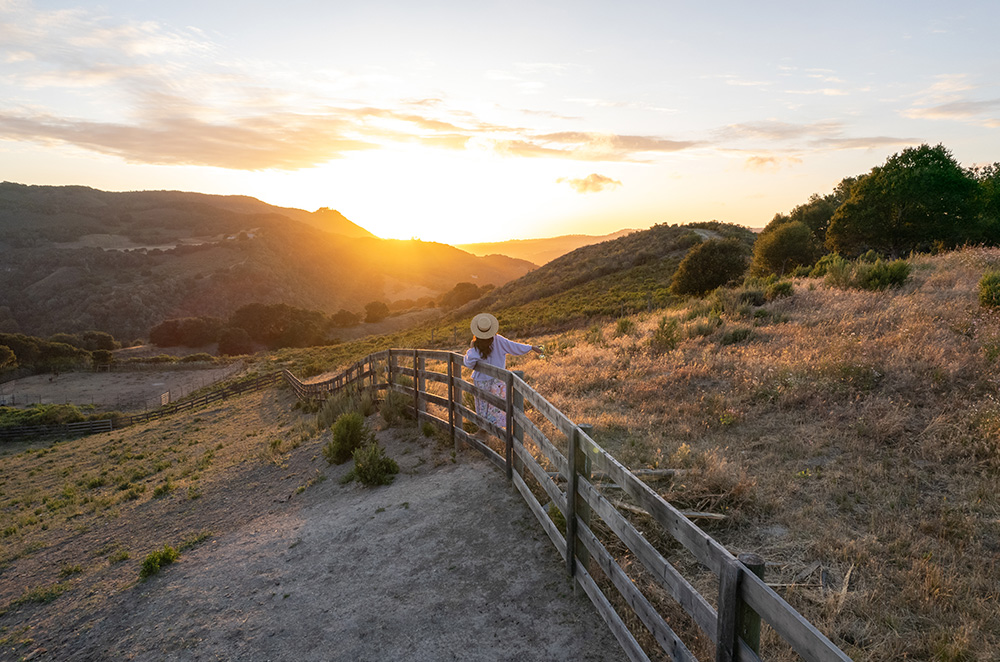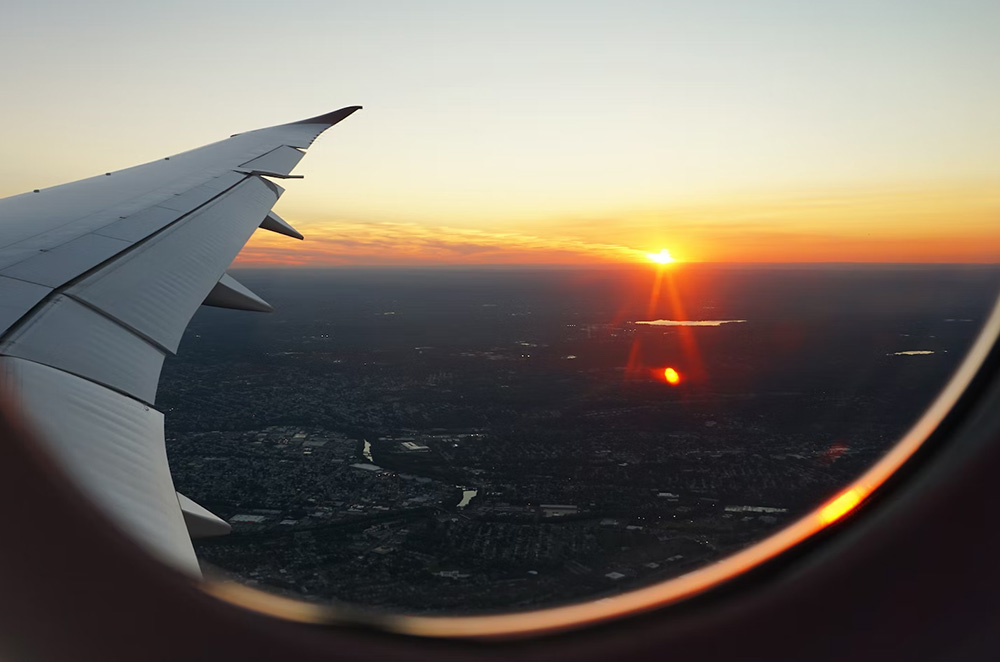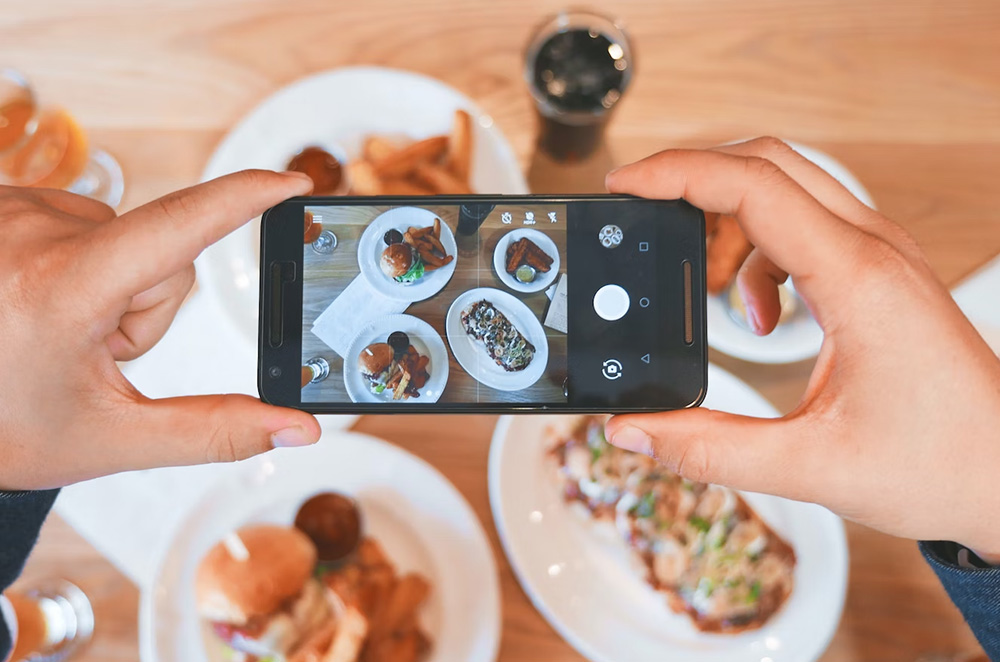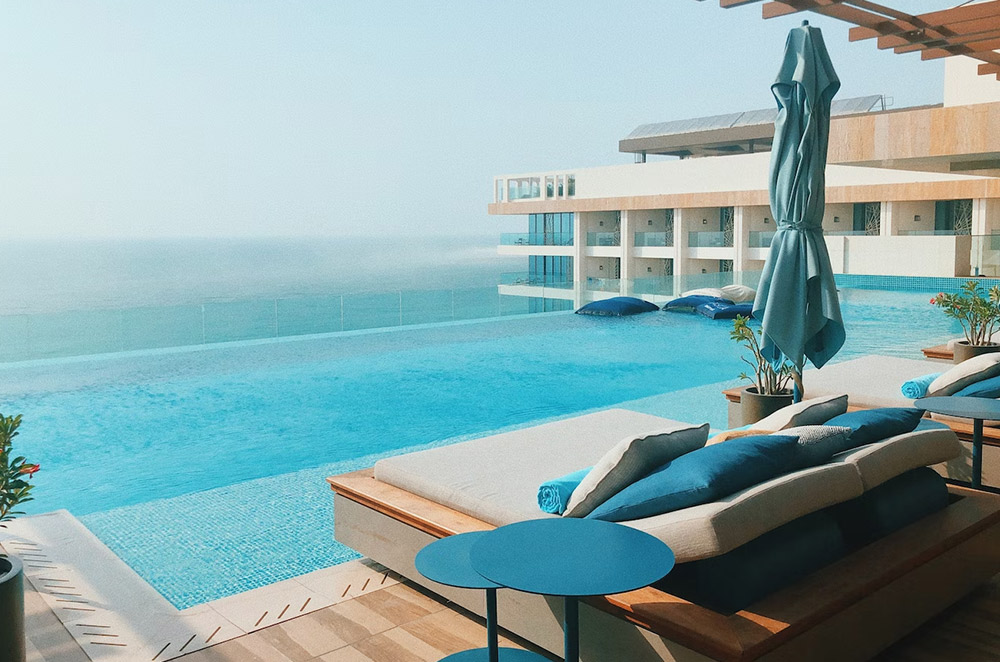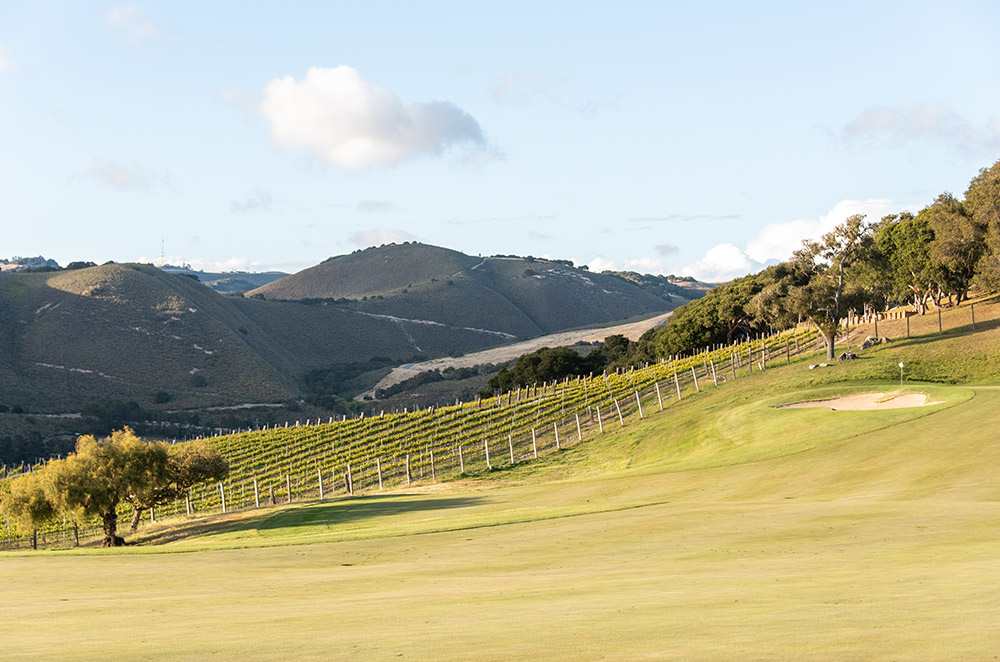February 20, 2023
Paying attention to trends is one of the best ways to keep your finger on the pulse of the travel industry. This month, we bring you even more intel on how today’s trends may impact...
January 18, 2023
While intuition and experience can give you a sense of what people want, data-based evidence is key to crafting a marketing plan that speaks to the trends that are driving bookings for today’s travelers. Having...
December 12, 2022
Social media continues to be more impactful than ever in terms of influence and return on investment—and marketing spend in this channel is growing, according to Hootsuite’s Social Media Trends 2023 report. Here, we share...
September 28, 2022
At Brown Marketing, we do marketing plans differently—instead of creating a couple of slides that get shoved into a drawer after the owner presentation, we design plans with detailed strategies and hyper-specific tactics. The result?...
August 17, 2022
Your property’s brand goes beyond your logo, your fonts, your colors: It’s the story you tell potential customers, the experience you promise. It encompasses just about everything, from your services to your reputation and personality,...
July 23, 2022
Are you launching a hotel or resort? Do you want to rebrand your existing property to reach new audiences? The Brown Marketing Launch Package makes it easy to generate and enhance brand awareness, boost bookings,...

